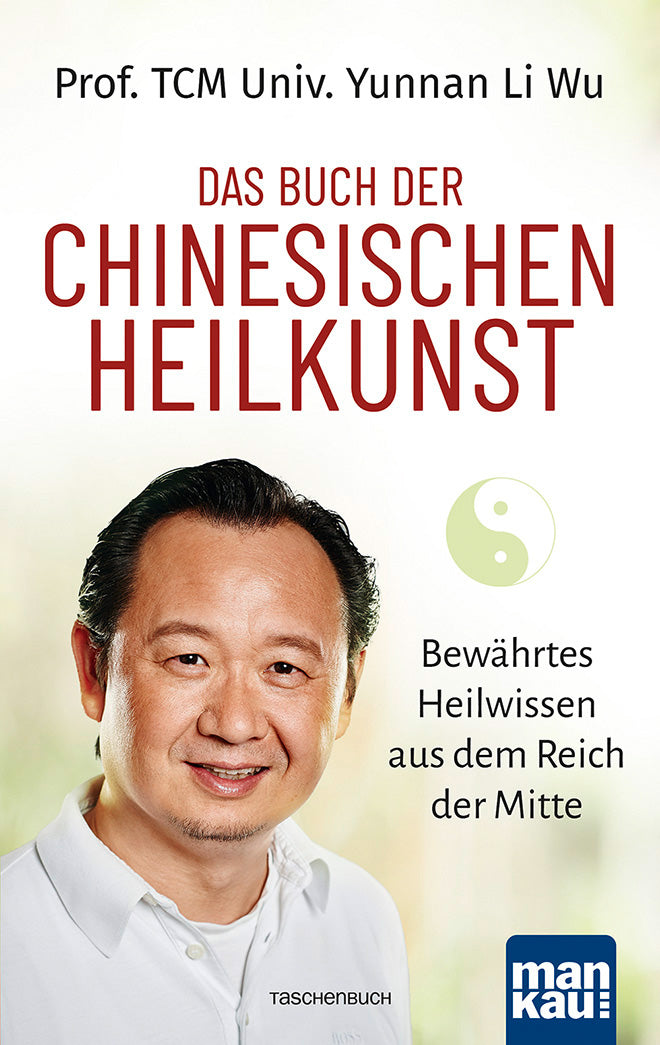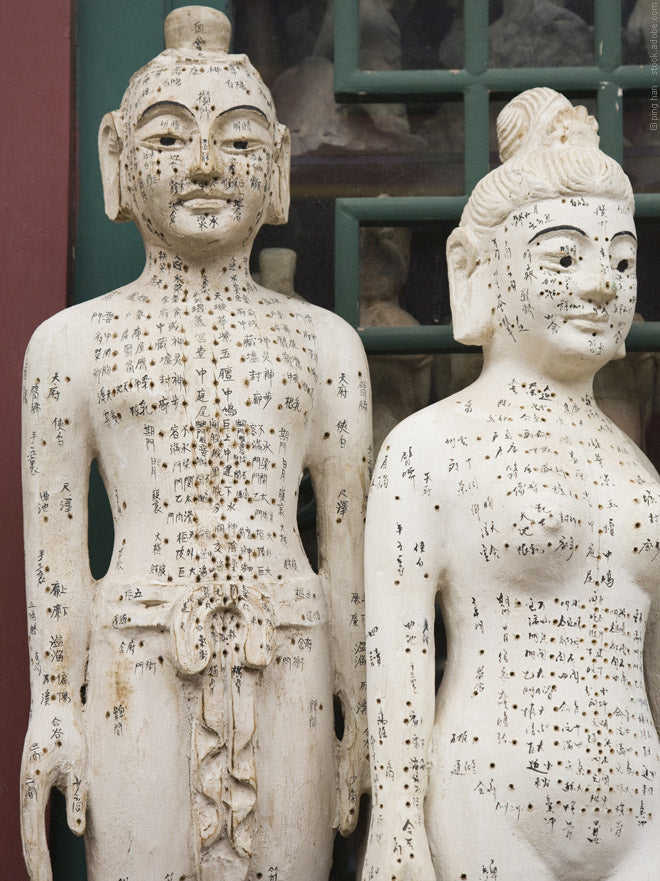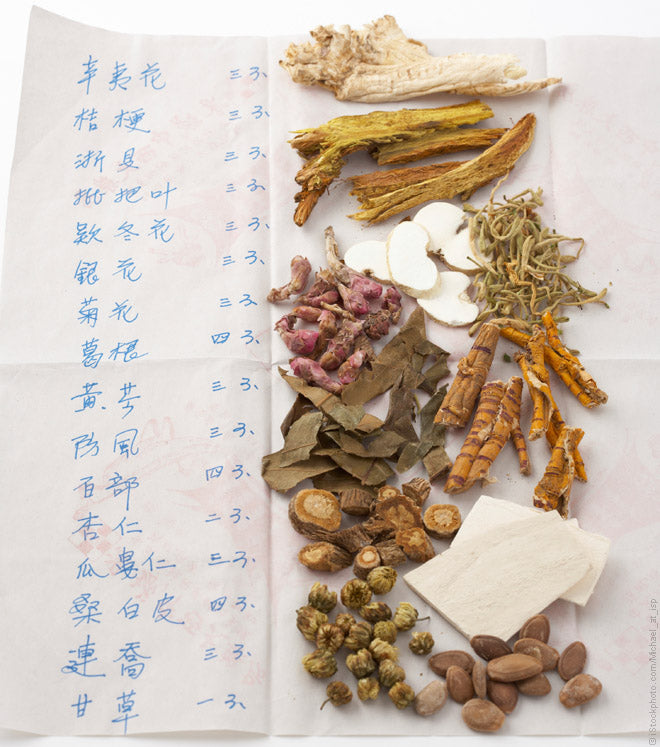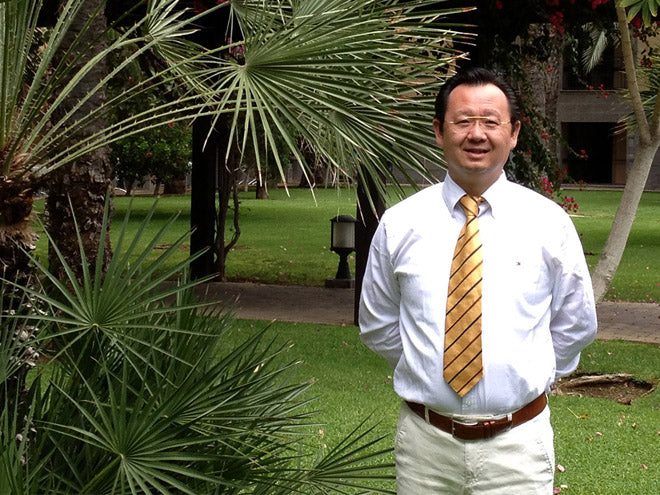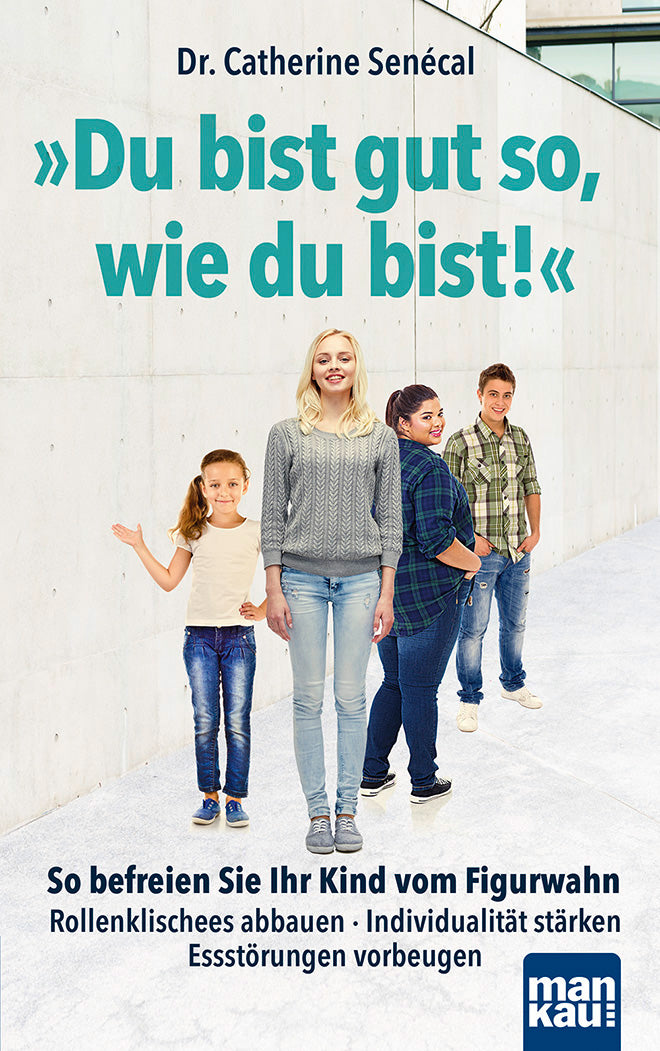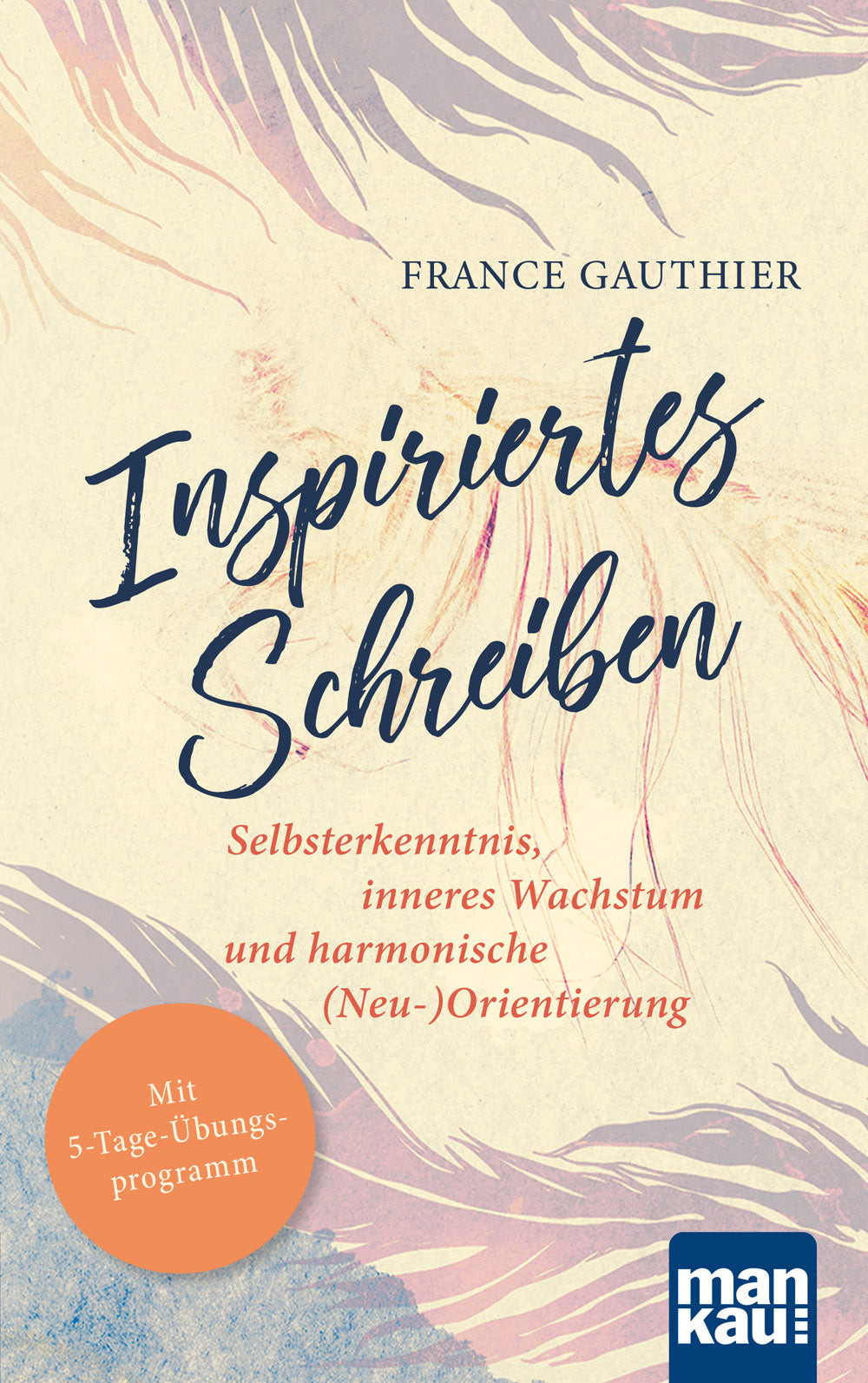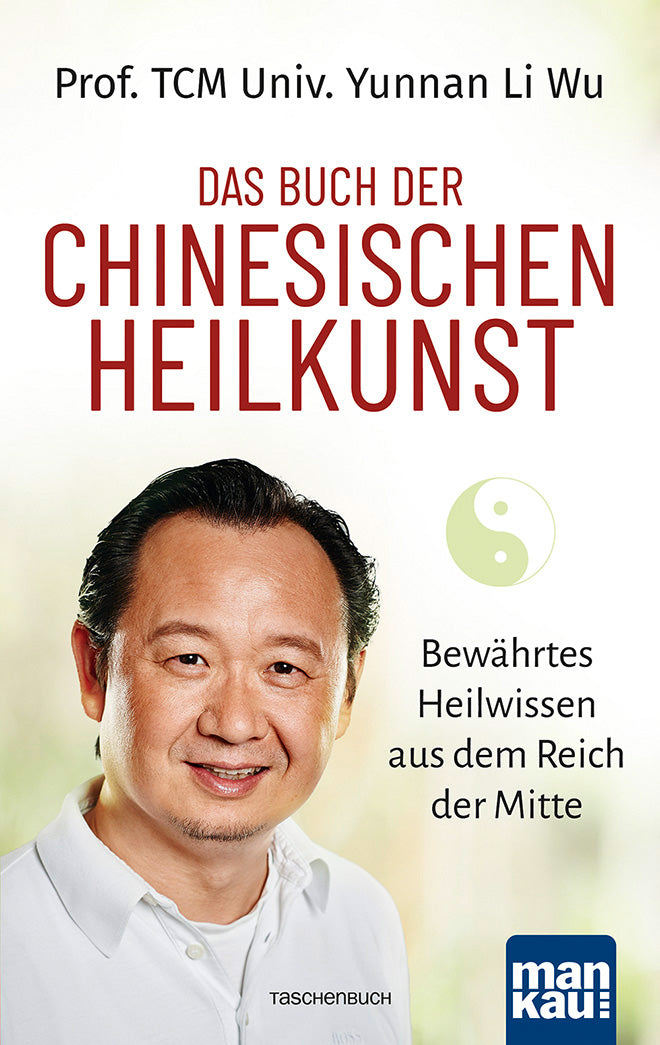
TCM standard work as a paperback: New edition of Prof. Li Wu's successful guide to Chinese medicine
TCM standard work as a paperback: New edition of Prof. Li Wu's successful guide to Chinese medicine
Traditional Chinese Medicine (TCM) always looks at all illnesses and their treatment with a view to the whole person as part of the surrounding nature and the universe filled with energy. The new paperback edition of the tried and tested TCM guide " The Book of Chinese Medicine " by Li Wu presents the basics and everyday applications.
Practical help for everyday problems
Prof. Li Wu is a proven expert in traditional Chinese medicine (TCM) and runs a very successful naturopathic practice in Munich. With his books on the more than 3,000-year-old healing art of the Far East, he is one of the most important and renowned authors of the Mankau Verlag.
His standard work on the proven healing knowledge from the Middle Kingdom is now being published for the first time as a paperback and offers a comprehensive guide to introducing Chinese medicine. It contains all the concepts and ideas on which it is based in an easy-to-understand form. Anyone looking for support from a TCM doctor for a health problem will find out here what is involved in diagnosis and treatment. In addition, the guide offers a wealth of practical suggestions with which various everyday complaints can be treated gently and without side effects. The focus is on a holistic view of people and nature.
Every complaint, whether physical or mental, is caused by a disruption of the balance between Yin and Yang. Therefore, it is always a matter of restoring the balance between these two poles, awakening the body's self-healing functions and harmonizing the flow of life energy Qi.
Basic principles of TCM
Traditional Chinese Medicine consists of a complex system of diagnostic and treatment methods that has been continually developed over 3,500 years. One of the main philosophical principles of this medical science is the unity of body, mind and soul. Within the universe, these are considered to be specific manifestations of the universal life force Qi. The aim is to restore the energetic balance of the person, who feels comfortable and healthy in his or her environment.
The most sophisticated techniques for the prevention and – when it is too late for that – for the holistic treatment of diseases include acupuncture, medicinal herbs, nutrition, meditation and physical exercises, which are presented in the individual chapters of the book with numerous practical examples of application.
In TCM, every organ has a mental and spiritual context in addition to its physical context, its element and its interactions with other organ areas. An excess of internal factors can manifest itself on a physical level in disorders and illnesses. On the other hand, complaints can also manifest themselves on a purely mental level. Chinese medicine therefore always considers the development of illnesses of the nervous system, for example, to be caused by inappropriate handling of one's own feelings or the suppression of certain internal factors.
TCM and Western Medicine
In the western view, the basis of medicine is the physiology of the body, i.e. the blueprint from the smallest cells through muscles and skin to the skeleton. In the Chinese model, however, the body is viewed as an energy system. There is no doubt that western medicine has achieved great success in many areas, particularly in diagnostics and surgery. However, in everyday complaints, as well as metabolic diseases or pain, it can at best alleviate the symptoms.
In recent decades, acupuncture, acupressure, herbal medicine, Tai Chi Quan, Qi Gong and meditation have become increasingly popular in Western countries. Although the statements about the human body and its disorders in TCM cannot be objectively verified in a scientific sense, it is nevertheless an analytical, systematic empirical medicine in which the material and energetic, physical and mental are sometimes contained in an inseparable manner. The combination of Western medicine with Chinese healing knowledge is therefore ideal. For example, TCM treatment can have a balancing and regenerating effect after an operation or drug treatment, or can be used as an accompanying self-treatment to classical conventional medical therapy.
However, the main focus of TCM is always on preventing illness and maintaining health as the basis for well-being.
Book tip:
Prof. TCM Univ. Yunnan Li Wu: The Book of Chinese Medicine. Proven healing knowledge from the Middle Kingdom. Mankau Verlag 2019, 12.90 € (D) / 13.30 € (A), paperback, 12 x 19 cm, 246 pp., ISBN 978-3-86374-538-7.
Link recommendations:
More about the guide "The Book of Chinese Medicine"
To the reading sample in PDF format
More about the author Prof. TCM Univ. Yunnan Li Wu
To the reader forum with Li Wu
